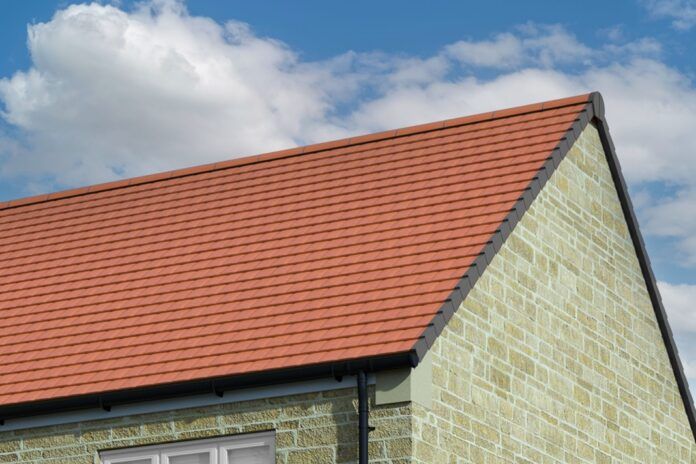Russell Roof Tiles is set to attend Housing 2025 where it will be showing its new small-format multifunctional triple tile, Bute3.
Housing 2025 is to take place from 24 to 26 June at Manchester Central. According to a statement, the event brings together specialists from the housing and living sectors to discuss current challenges, collaborate and explore new solutions.
Russell Roof Tiles said its roof tile is now in full production and is the culmination of years of detailed design and planning, modern manufacturing and technical expertise. The design and colour options of the thin tile provide a real alternative to small-format concrete, natural clay and slate roof coverings, it added.
Alan Young, regional sales director of Russell Roof Tiles, said: “We are pleased to unveil this hugely significant new product at Housing 2025. Bute3 is being produced at our new £18.5m fully automated production line in Burton on Trent. Utilising the latest pioneering technology and precision modern engineering, we have created the UK’s first multifunctional interlocking triple roof tile.
“We have invested in not only meeting market demands but also offering solutions and new ideas. Our latest product provides speed, flexibility, and environmental benefits. We are proud to have developed a new product that will revolutionise the UK pitch roofing market, in particular the private and social housing markets.”
The triple tile is fully compliant with quality standards and current regulations, whilst meeting market demands.
The company stated that the size of the tile means that it can be delivered to building sites more efficiently, with up to 40% fewer deliveries across a typical private housing site. The production process is also 20% more efficient to manufacture compared to similar tiles, the company added.
Russell Roof Tiles stated that 10.9 tiles are required per square metre, reducing the number of tiles needed compared to traditional plain tiles. This makes them 33% quicker to install when compared to other thin interlocking tiles, it noted, and offers a labour saving of up to 40%.




